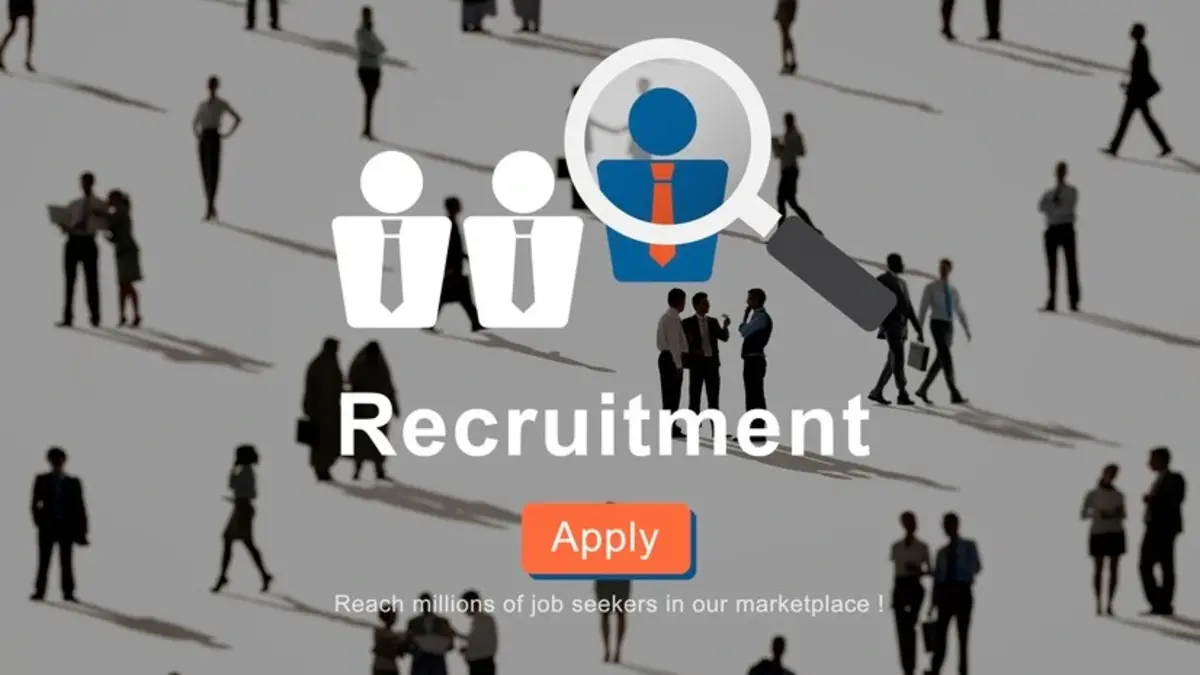
HRM vs HRD: Definitions And Key Differences
Human Resource Management (HRM


Human Resource Management (HRM

Effective shift management is essential for boosting productivity, ensuring compliance, and enhancing workforce efficiency. As HR technology advances, companies are increasingly using biometric authentication, geofencing, and cloud-based solutions to simplify shift scheduling and attendance tracking. These innovations improve security, accuracy, and flexibility, resulting in a more efficient and accountable workforce.

Performance tracking is crucial for organizations to measure progress, identify improvement areas, and align employee efforts with business goals. Key Performance Indicators (KPIs) and performance metrics provide data-driven insights to enhance decision-making and workforce productivity.

Team development is essential for shaping the culture of an organization. It helps maintain harmony among team members while enhancing workflow, collaboration, and productivity. The connections formed within a team greatly impact the progress of projects and the overall growth of the organization, as teams consist of individuals with varied backgrounds, experiences, skills, and knowledge. Therefore, fostering strong team connections and enhancing team building is crucial not only for achieving company objectives but also for ensuring sustainable business operations, promoting a harmonious work environment, and cultivating an inclusive workplace culture that strengthens the company's reputation in the industry. Understanding the stages of team development allows you to navigate the different phases your team will experience, helping you implement strategies to reduce conflicts, boost motivation, and improve overall team performance.

The workplace is evolving at an unprecedented pace, and as we approach 2025, one thing stands out—companies that focus on employee experience (EX) will gain a significant edge. Today’s employees desire more than just a paycheck; they are looking for purpose, flexibility, opportunities for growth, and support for their well-being. For HR leaders, improving employee experience is essential—it’s a vital part of a successful HR strategy. A strong emphasis on employee experience results in greater employee engagement, enhanced productivity, better retention rates, and a vibrant workplace culture. In this article, we delve into why employee experience should be central to your HR strategy in 2025 and how organizations can enhance it.

If you're an HR professional or aspiring to be one, understanding both the
Schedule a demo with EasyHR to experience ease of use and how an enterprise payroll software could be simplified.